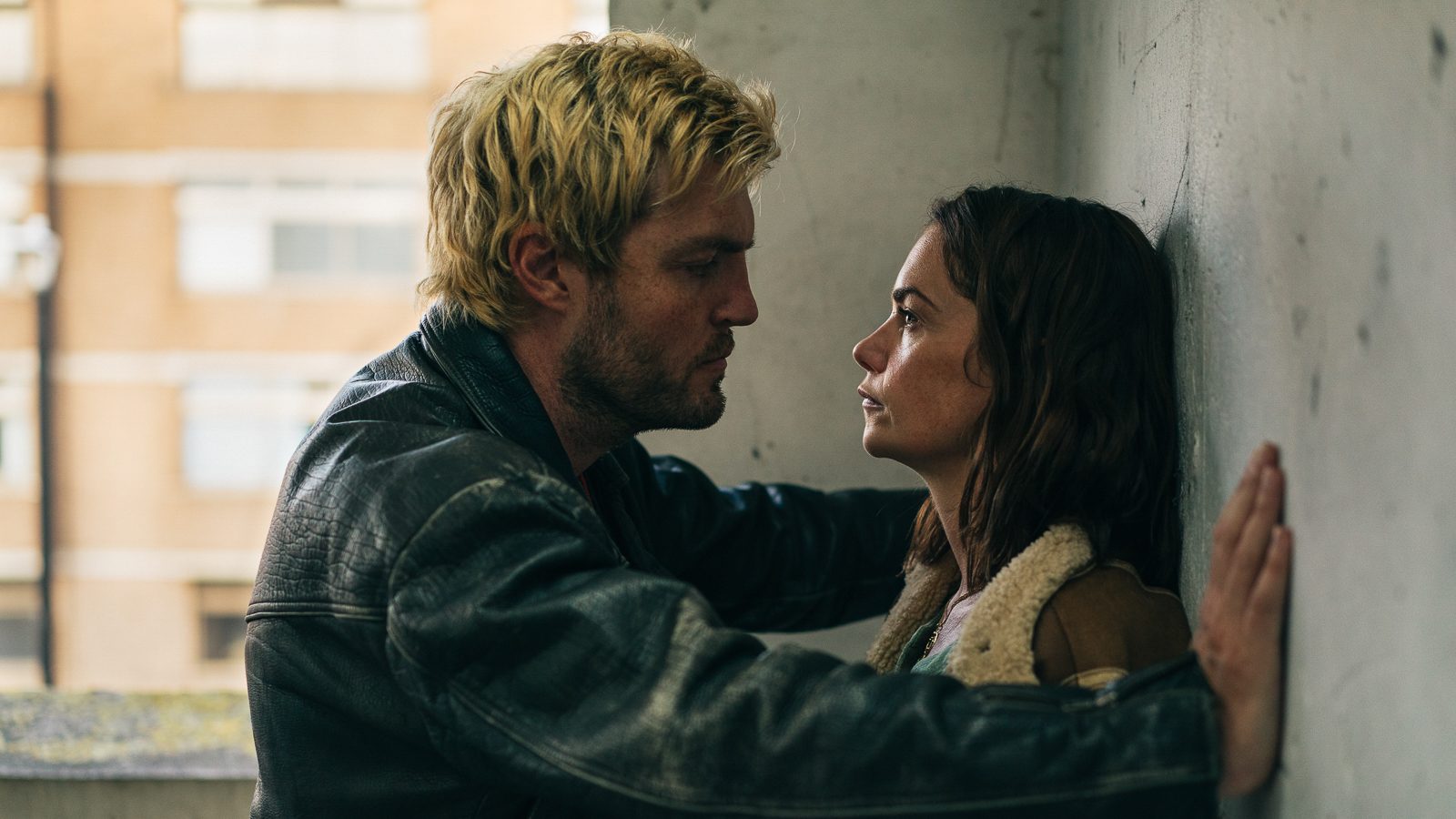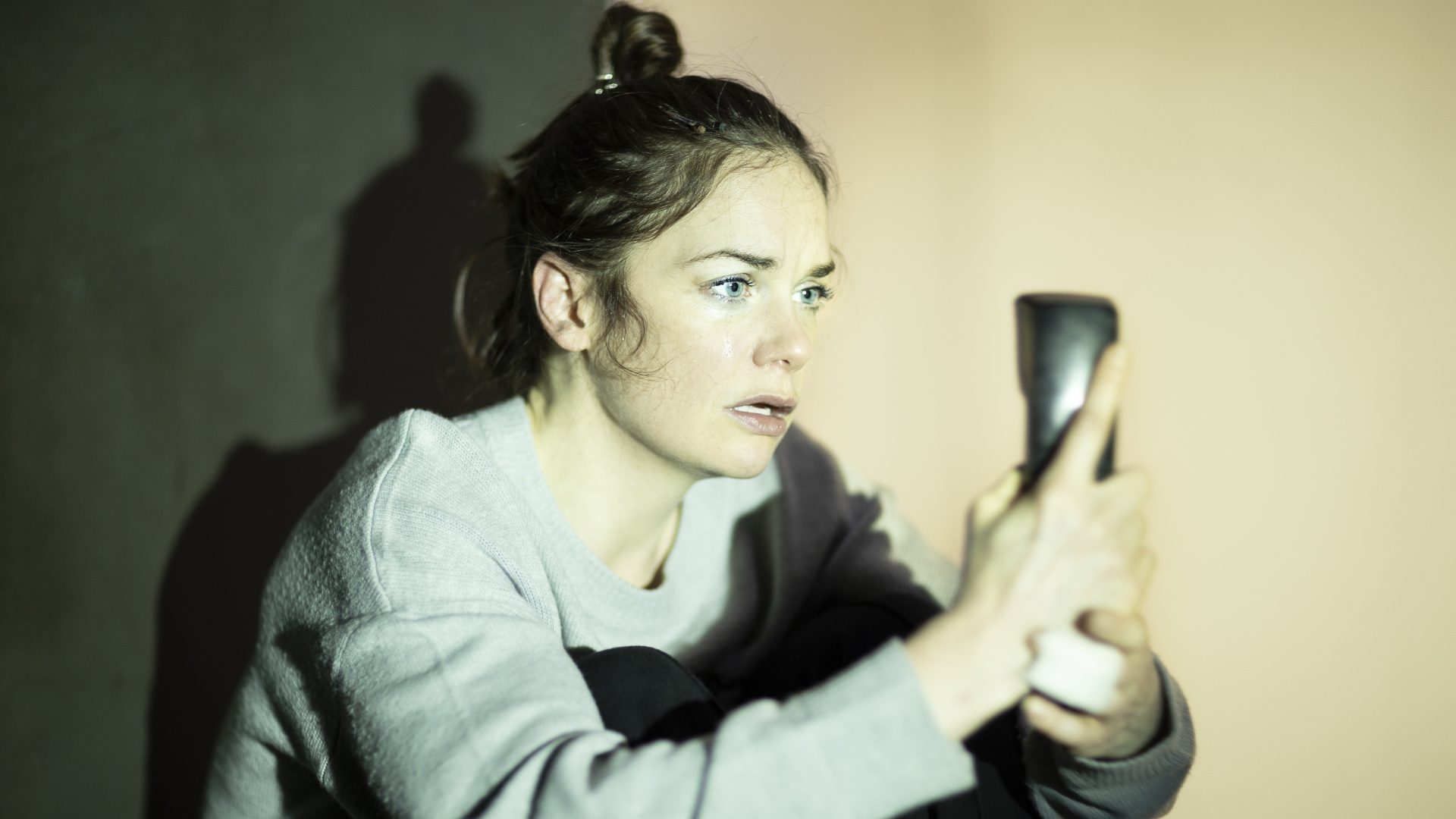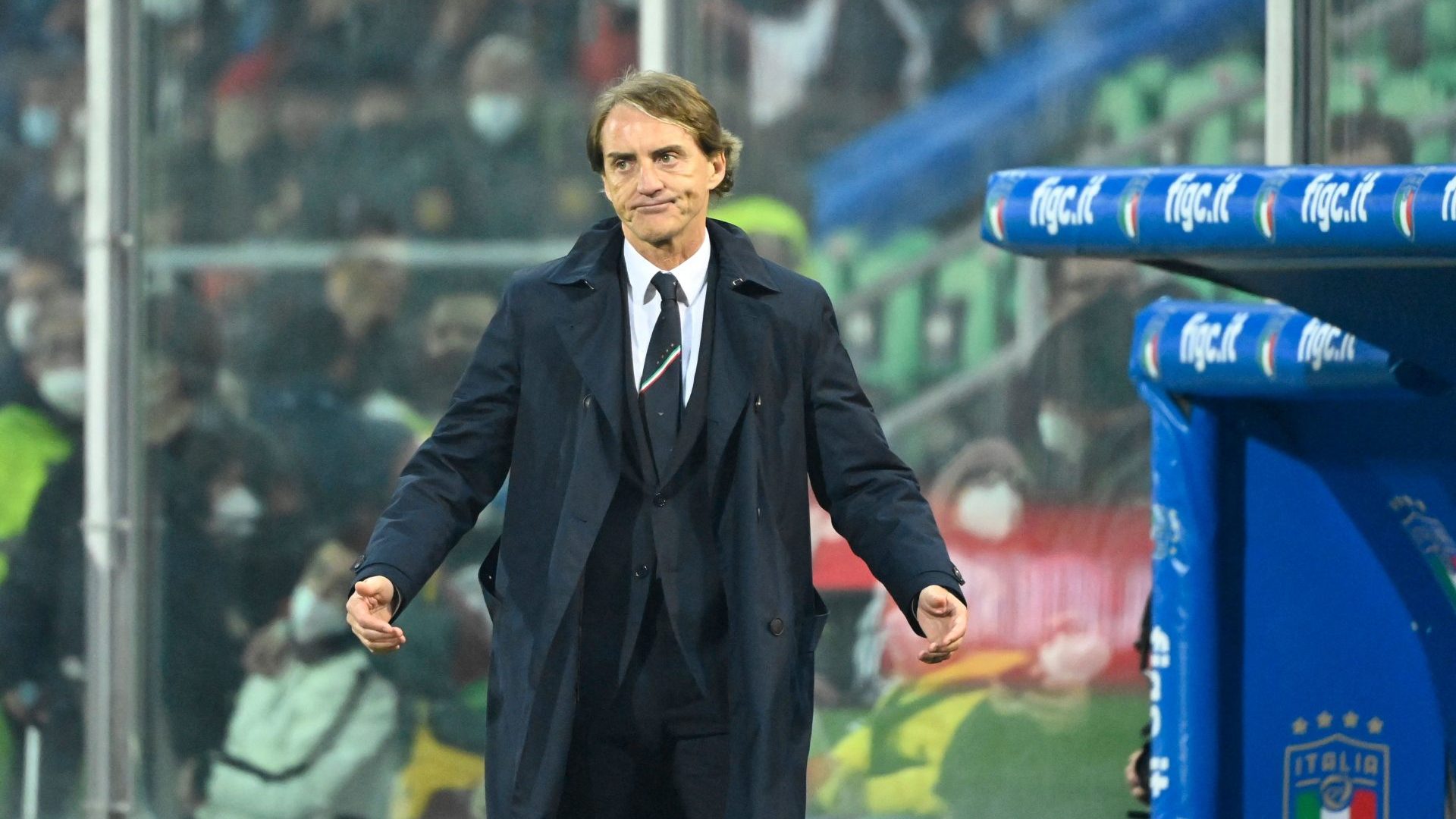In Europe, sex is something best left to the continentals.
We British don’t like talking about it or making films about it. Google “sex in British movies” and you get plenty of lists of “sex comedies” but very few films actually depicting or dealing with sex. In the popular British sensibility, comedy is a far more serious business than sex.
It’s not much of a surprise that the best British films featuring sex tend to have been directed by foreign visitors – Blow Up by Italy’s Michelangelo Antonioni in the 60s, Joseph Losey’s The Servant, Louis Malle’s Damage, Patrice Chéreau’s Intimacy or, most recently, Disobedience with Rachel Weisz in London’s orthodox Jewish community, directed by Chile’s Sebastián Lelio.
Usually, sex scenes in British film come pre-packaged with howls of outrage from the tabloids, such as the controversy around British producer Jeremy Thomas and Canadian director David Cronenberg’s 1996 adaptation of JG Ballard’s Crash, a film labelled “depraved” and banned by Westminster council after a campaign stoked by the Daily Mail and Evening Standard in 1996.
Or Michael Winterbottom’s 9 Songs which, in 2005, allegedly featured unsimulated sex scenes between Margo Stilley and Kieran O’Brien. “Hold onto your hot dogs,” trilled The Sun: “There’s a new film that’s putting the sin into cinema.”
But maybe things are changing. True Things is the new film starring Ruth Wilson (The Affair, Jane Eyre) and directed by Harry Wootliff, a female director whose previous film was a very sexy debut called Only You, starring Josh O’Connor and Spanish actress Laia Costa.
“Maybe I’ve found my niche,” exclaims Wootliff when I point out that she’s very good at sex, cinematically speaking. “But the point of the film isn’t sex, it’s to encourage people, women in particular, to be true to their authentic self and not look for a knight in shining armour to save themselves from the perils of their existential angst.”
Yes, but there is also quite a lot of sex in it, including in a multi-storey car park.
True Things is the story of Kate, a bored single woman in her late 20s who works in a Ramsgate job centre. She’s distracted by a bleached-blond cheeky chappie, played by Tom Burke and now simply known as, and entered into her phone as: Blond. He won’t fill in his benefit form and instead asks what she’s doing at lunchtime and soon enough they’re shagging up against someone’s bonnet, the seagulls screeching above.
But this isn’t saucy seaside stuff, for a change. Kate and Blond embark on a heady relationship that, of course, goes a bit wrong, for both of them, but it’s Kate’s fraught and fragile emotional state we follow as what we perceive to be yet another bad choice of man takes its toll on her.
“I wanted to show a woman in all her glory, but not put her in a box marked good or bad,” says Wootliff. “She’s not ridiculous, but she’s not latching on to nothing here. To say, oh, he’s leading her on with his flattery and lies, well, that’s doing a disservice to her intellect. She’s being as logical as she can and she wants to be with this guy, whatever her friends and family think.”
Yes, yes. But what about the sex? I feel like it’s worth pursuing this as a conversation, as long as we can cut out the blushes and innuendo which, for
two British people, is always quite difficult when talking about sex. “Sexuality is key,” agrees Wootliff. “But it’s not something he’s awakened in her. It’s always been there, it’s hers, and I feel that we often judge characters’ sexual behaviour, particularly women. But why can’t she want sex, have desires, fantasies, why can’t she go for sex in a multi-storey car park during her lunch break?”
Wootliff, a trained dancer turned film-maker, has recently directed the final episodes of big-budget TV drama His Dark Materials. But even in that, she notes, the sexuality of the teenagers is a dominant force in much of their behaviour. “They’re not sex scenes, of course, but there is desire in a young female character. But in Only You and True Things, there’s always a context to a sex scene, something going on. It’s either very passionate or it’s very equal, or it’s boring, or you don’t like them, or you’re upset – when you show it on screen you just have to think: what’s the emotional currency in the scene?”
Wootliff says she and Wilson (and Burke) did talk about nudity and how it can be a bit distracting if the camera lingers on body parts for too long. “I
wanted to show as little flesh as possible yet be as sexy and intimate as possible,” she says. “But mainly to show here what it’s like being a woman
having sex and why you’re having it. In some instances, it’s a favour, a gift she’s giving, and what is exciting for a woman is the fact that she’s desired and feels that he wants her so much. So it’s not about an orgasm for her and
it’s not about building up to that for me directing the scene. It’s the dynamic, what’s going on emotionally. Oh gosh,” she sighs as if hearing herself. “Maybe everyone isn’t as interested in this stuff as me!”
I think we all are but just don’t get to admit it. It feels as if the reason we fell in love with European movies was sex, or at least a refreshingly intellectual and unashamed attitude towards it. “Yes,” she agrees. “Sex is exciting and thrilling, it’s nerve-racking and awkward – and I want to feel those things in the cinema and that’s what I’m trying to do for my audience, that’s the point of showing it.”
I’m intrigued to find out how the sex scenes have been received by the industry. Both True Things and Only You had the blessing of public funders in the BFI and BBC Films, as well as exposure at big festivals. What was it like showing the sex scenes to the executive producers?
“You know what,” she realises, “the BFI or the BBC never said one word about the sex. Maybe they were embarrassed? I’ve no idea. We just didn’t
mention it, which is odd because they naturally had plenty of notes on the script and budget and character arcs, but never about the sex.”
Are we, the audiences and the British film industry, finally growing up about sex on our screens, then? In recent months, I feel it’s suddenly crept into well-watched and highly regarded TV hits, such as Normal People, I May Destroy You, Fleabag, It’s a Sin and the current BBC iPlayer hit, Mood. Although I feel the streaming platforms of Netflix and Amazon remain somewhat careful around the subject. Sex sells, maybe, but does it help to sell jumpers and phone chargers and kitchen utensils or whatever else we click on while engaging with the interface?
“Well there is easy access to porn while you’re there,” remarks Wootliff. “And I think the availability and mundanity of porn nowadays has made putting a narrative on to screen sex important. It has to say something and I’m interested in showing something we can’t see in real life. So unless we do watch porn, we don’t get to see people having sex or intimate relationships in real life – I mean, we don’t get to be there, in these intimate moments, behind doors, thinking what might be going on inside these people’s heads.
“Porn is so matter-of-fact about depicting sex now that for me, seeing body parts, breast and bums and anything else, that isn’t exciting. Where the thrill is now is in showing what’s going on emotionally… I think I’m able to work out the different ways a woman is enjoying sex, and that can be, should be, very different to a man’s point of view.”
I am intrigued. I do know that making a sex scene for the actors is rarely actually sexy. Throughout film history, more often than not it has most probably been a fairly horrible experience. So now with reduced sets and with an intimacy co-ordinator, is it sexy shooing a sex scene?
Wootliff pauses to think. “It’s kind of yes, because you’re watching something rude on your little monitor so there’s something about spying or
being voyeuristic of course, and when it’s working well, yes you do feel ‘Wow,
I am watching two beautiful and excellent actors have sex’. There was a thing in the car park scene, where he puts his hand up her skirt, and I’ll admit that yes, I did take a gasp and thought ‘My Goodness’.”
Arousal and desire, and falling in love, are surely huge parts of the cinematic experience, something I reckon the movies might do more of to differentiate themselves from the TV space and the streaming realm as the future of all these platforms develops. Certainly, sex scenes can lead to audience infatuation. That’s the point of going to most of the films that mark us, certainly ones devoured in younger years – Don’t Look Now, Henry & June, Betty Blue, The Dreamers; even the Hollywood years of sex ’n’ sax, of 1980s blue filters and 91/2 Weeks. We do come out, I would hope, in a bit of a flutter.
“Gosh yes,” says Wootliff. “I’ll admit it, I fell in love with Ruth Wilson while editing this. I was besotted with her, looking at her amazing face on a big screen for hours in an edit, just staring at her. It felt a bit weird really. She’s so enigmatic and mesmerising and she’s so many people in one shot, so many feelings flicker on that face, and the looks are so different, she’s like a
gymnast of acting, so changeable and free, tumbling across the screen.”
When it comes to it, good acting is always sexy. As is good sex, beautifully filmed – even in a British film these days. There’s a lot of both in True Things and I think we can finally deal with it.
True Things is released on April 1




